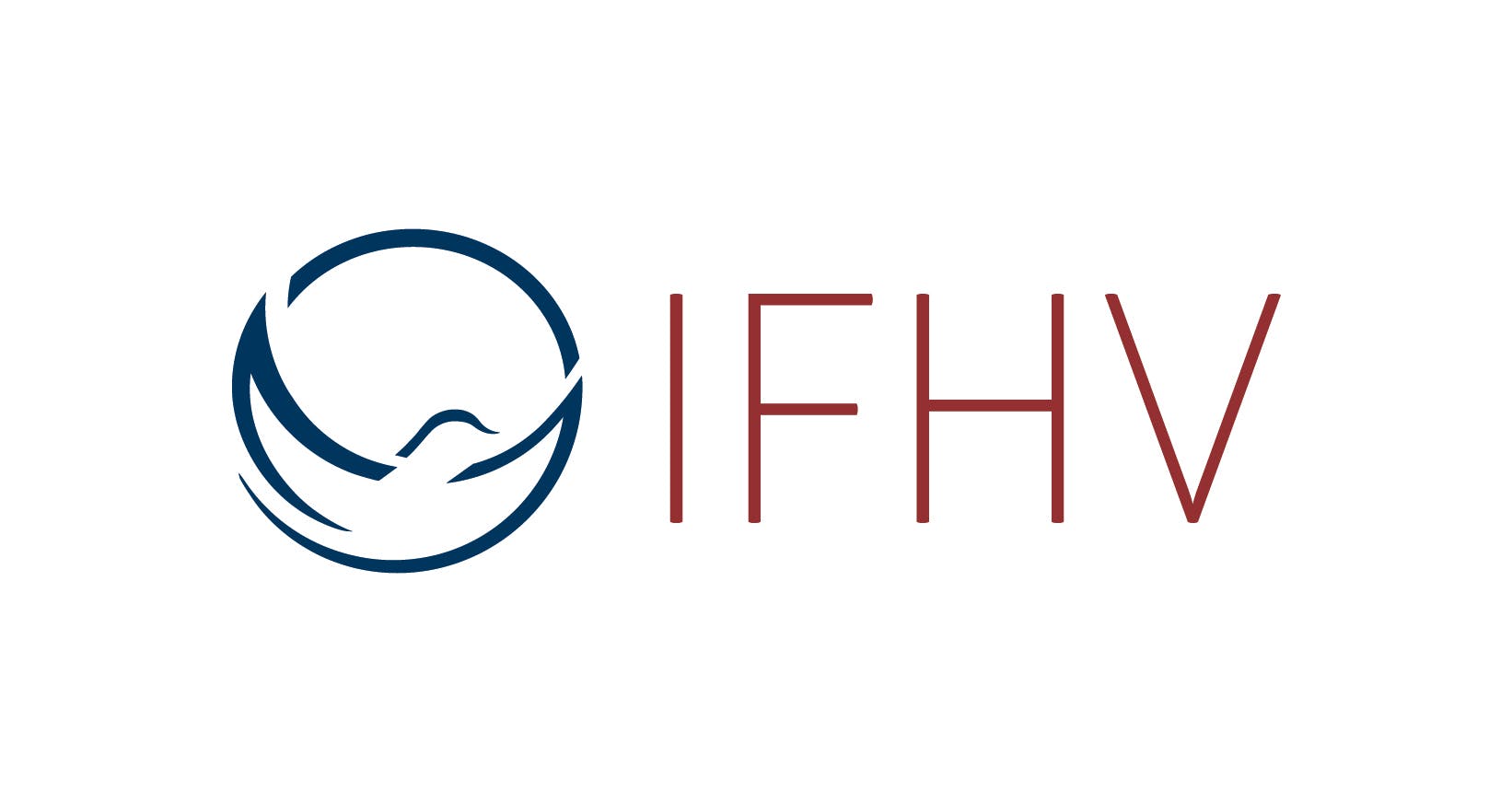Opportunity for Change? How the Pandemic has Changed our Everyday Working Life
Fully booked
Over the past year, the Covid 19 pandemic has both multiplied global humanitarian needs across all sectors and posed many challenges to the ways humanitarian organizations work. Among many other aspects, the exceptional global situation has brought and continues to bring implications for the day-to-day work of humanitarian staff. What used to imply lengthy processes now happened almost overnight: work processes were made more flexible, digital formats were used for (project) work, and new ways of working were developed. Some of these changes were easier for employees to handle, but at other points many also reached their limits.
This workshop will focus on these experiences. You will be encouraged to reflect on your experiences in the context of everyday work in a structured exchange. How did you experience and overcome the particular challenges? What changes would you like to maintain and how can a sustainable change in work culture be driven and implemented? The workshop will take place online on 02 July from 9 am to 1 pm (CEST) and includes regular breaks.
Target group
Employees of humanitarian non-governmental organizations with several years of professional experience
Monika Boutros-Fischer
Lecturer

Monika Boutros-Fischer has worked for several years in various international cooperation and humanitarian projects. By now, she has been working as a freelancer in the field of (international) organizational and human resource development for more than 20 years. Her passion lies in the field of change management. As a coach, supervisor, facilitator and trainer, she accompanies specialists and managers as well as teams and groups in their respective work and change processes. Her attitude: "I don't know everything, but I can (always) ask good questions."
02.7.2021 - 02.7.2021
Online Event
 This training is organized by the Institute for International Law of Peace and Armed Conflict.
This training is organized by the Institute for International Law of Peace and Armed Conflict.